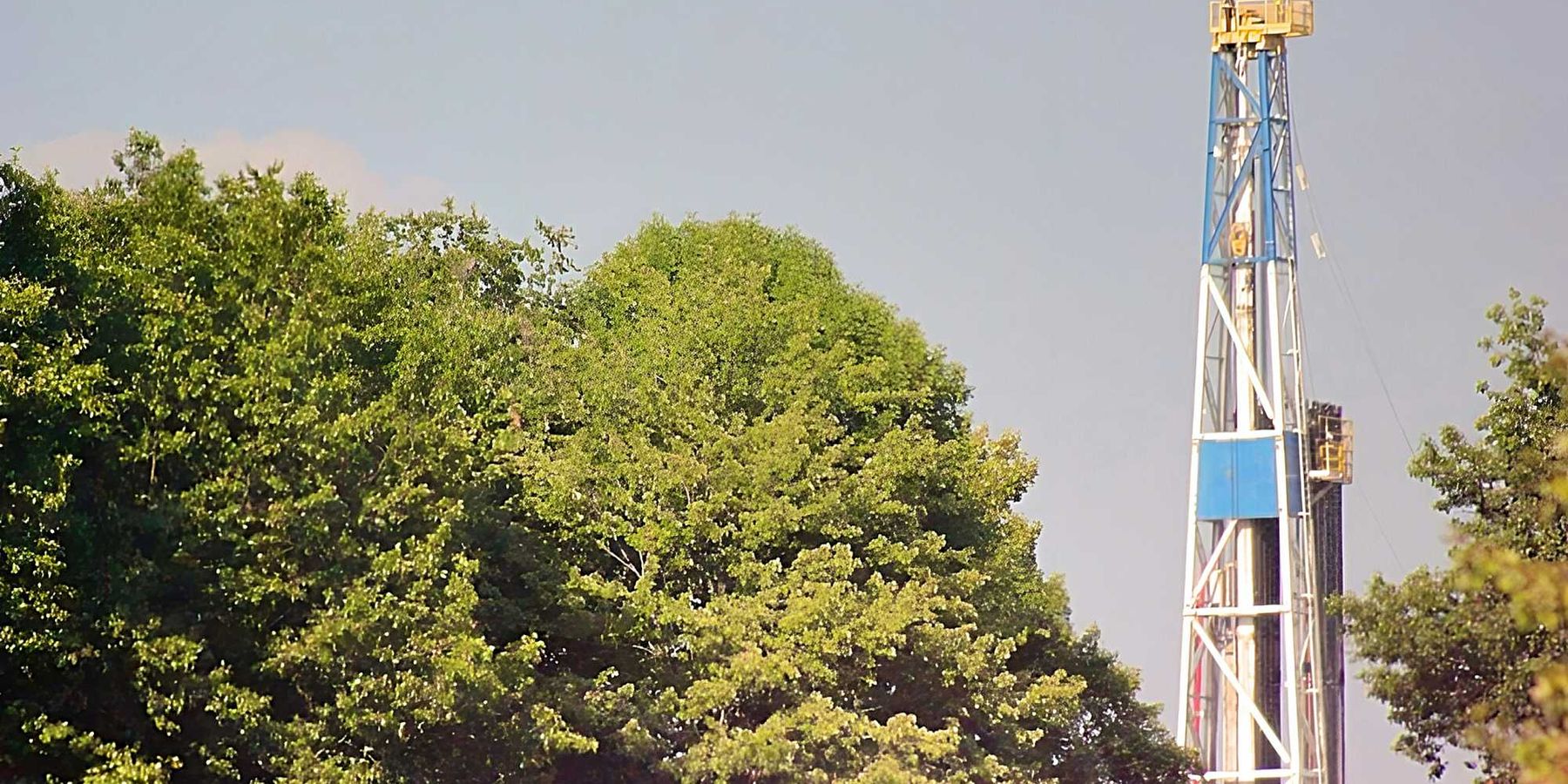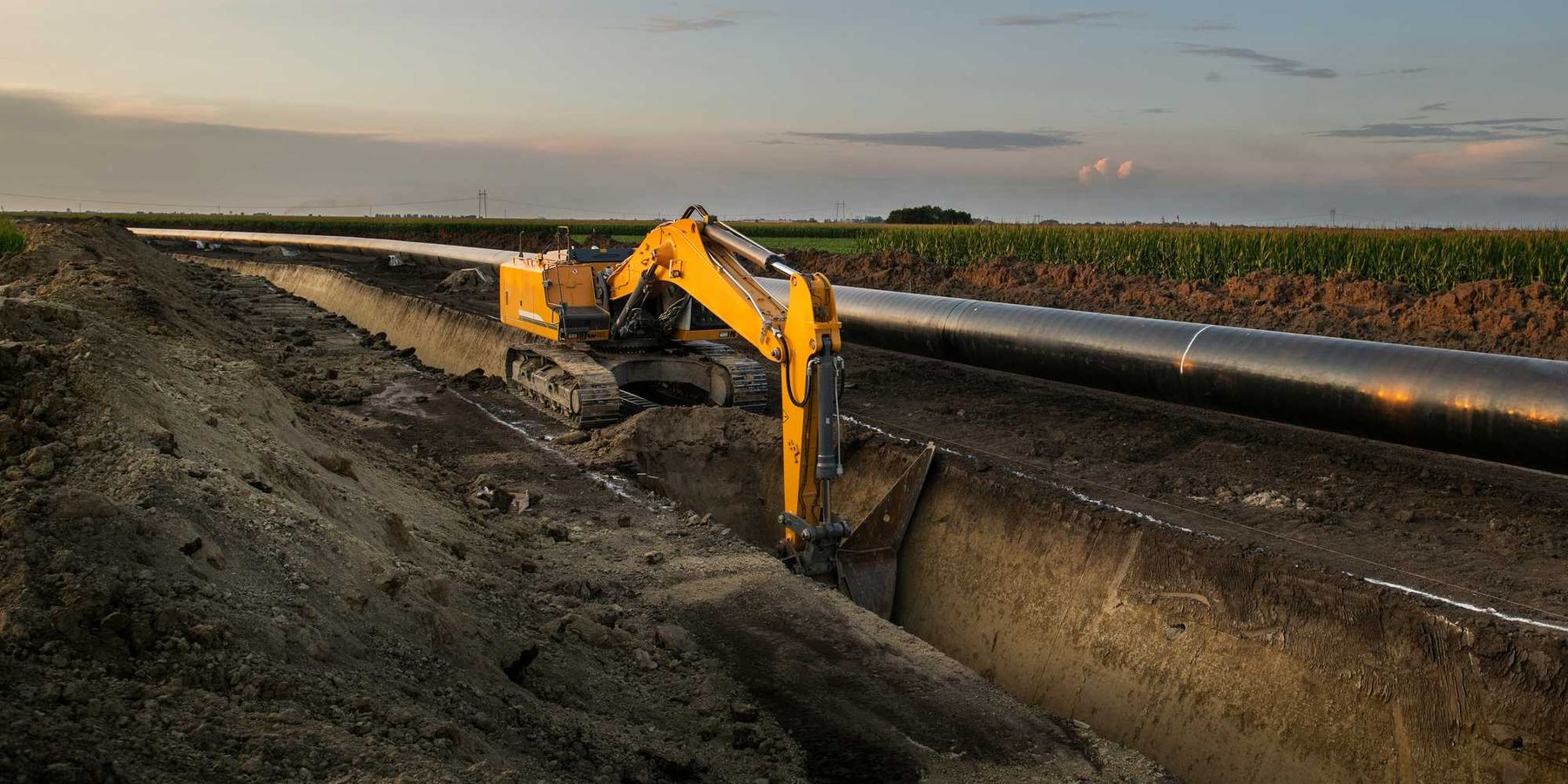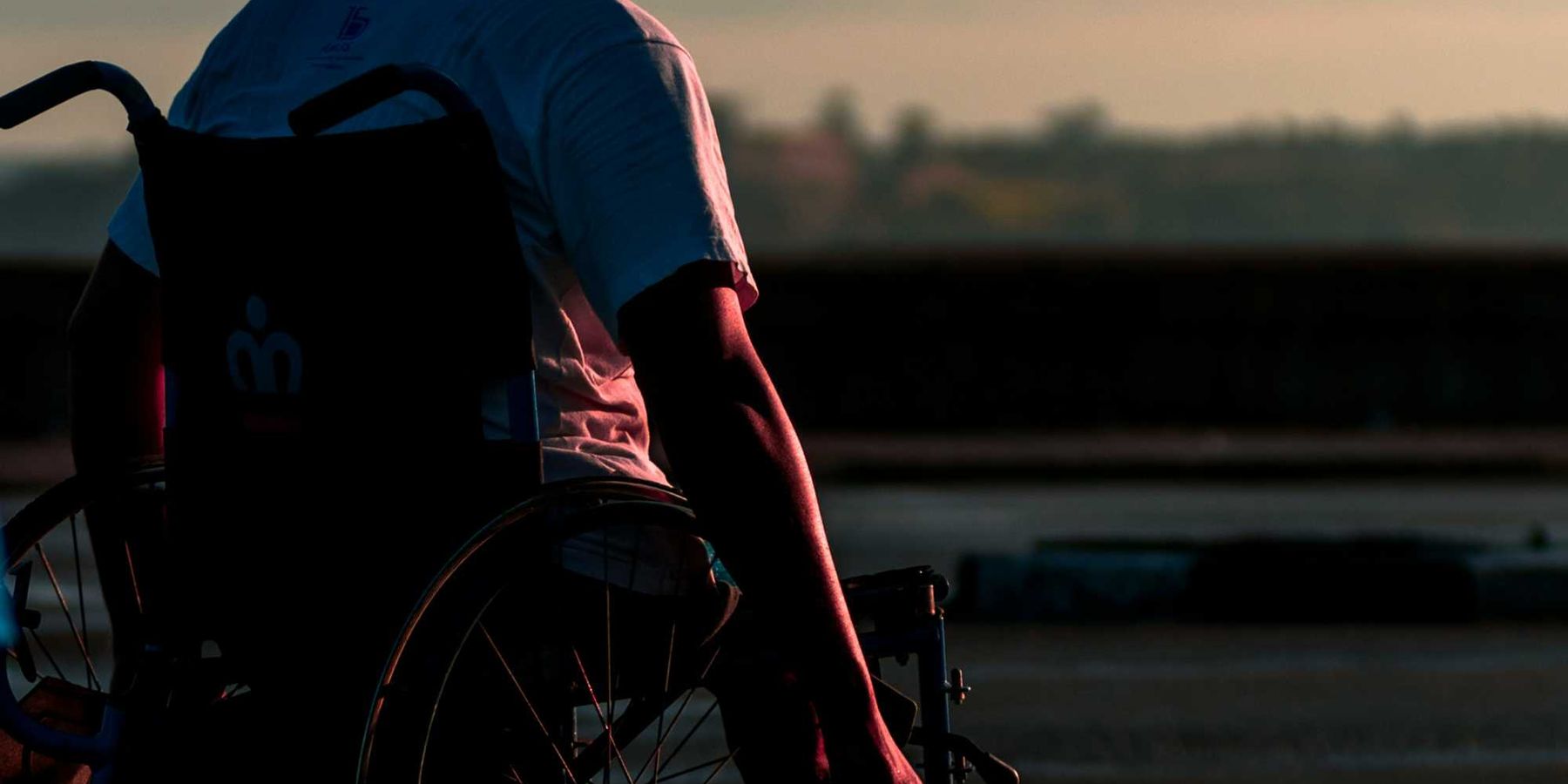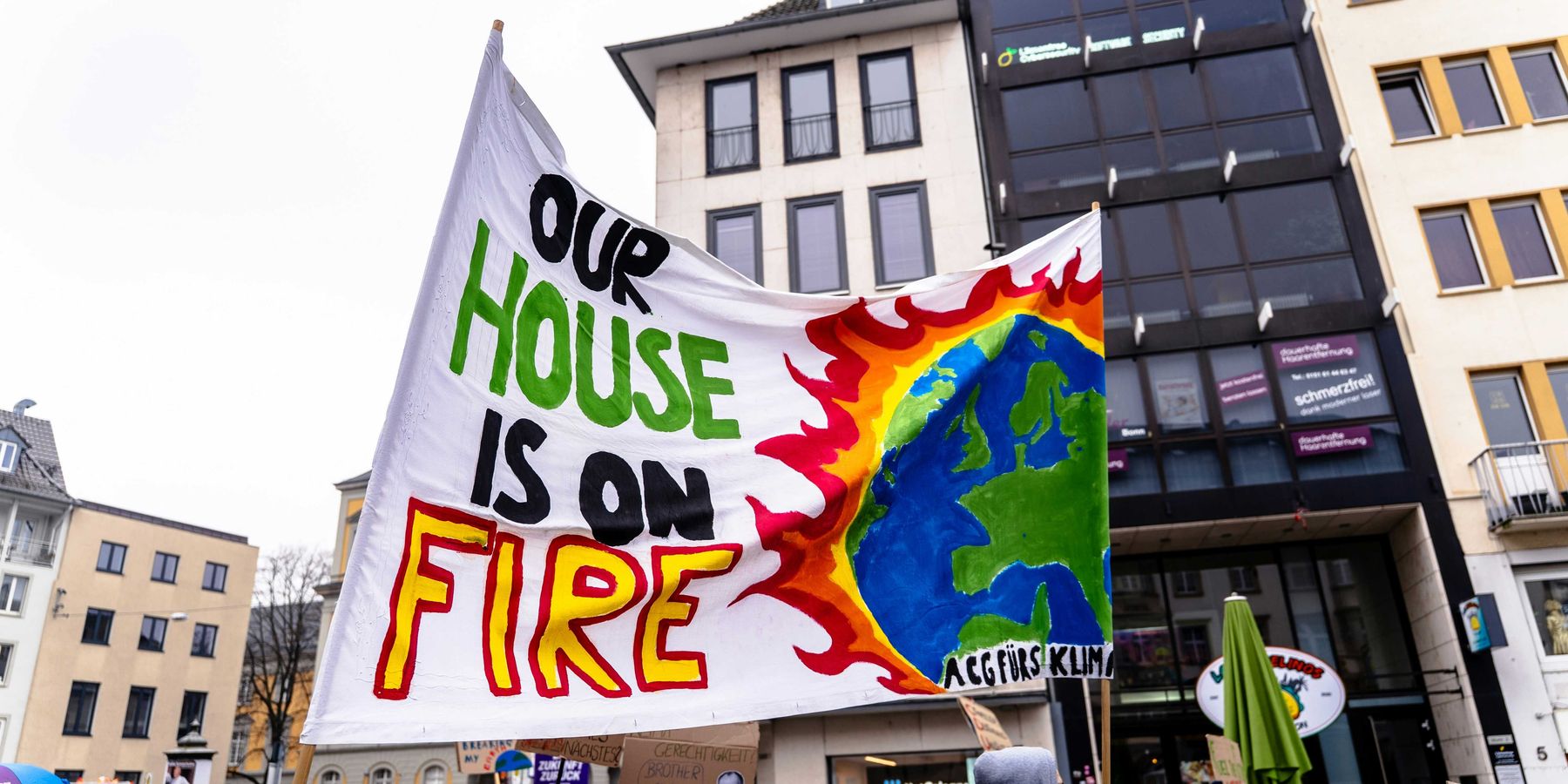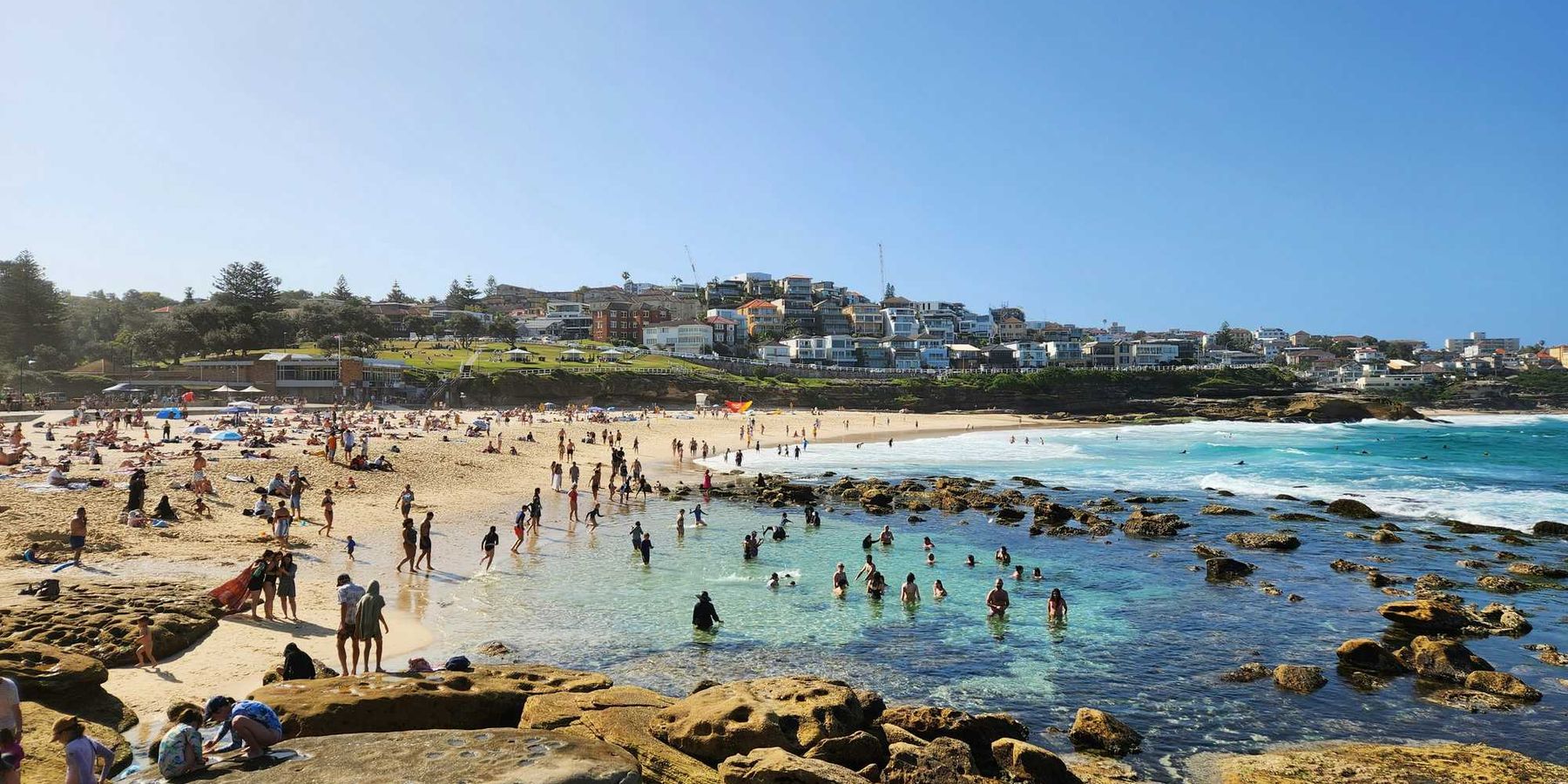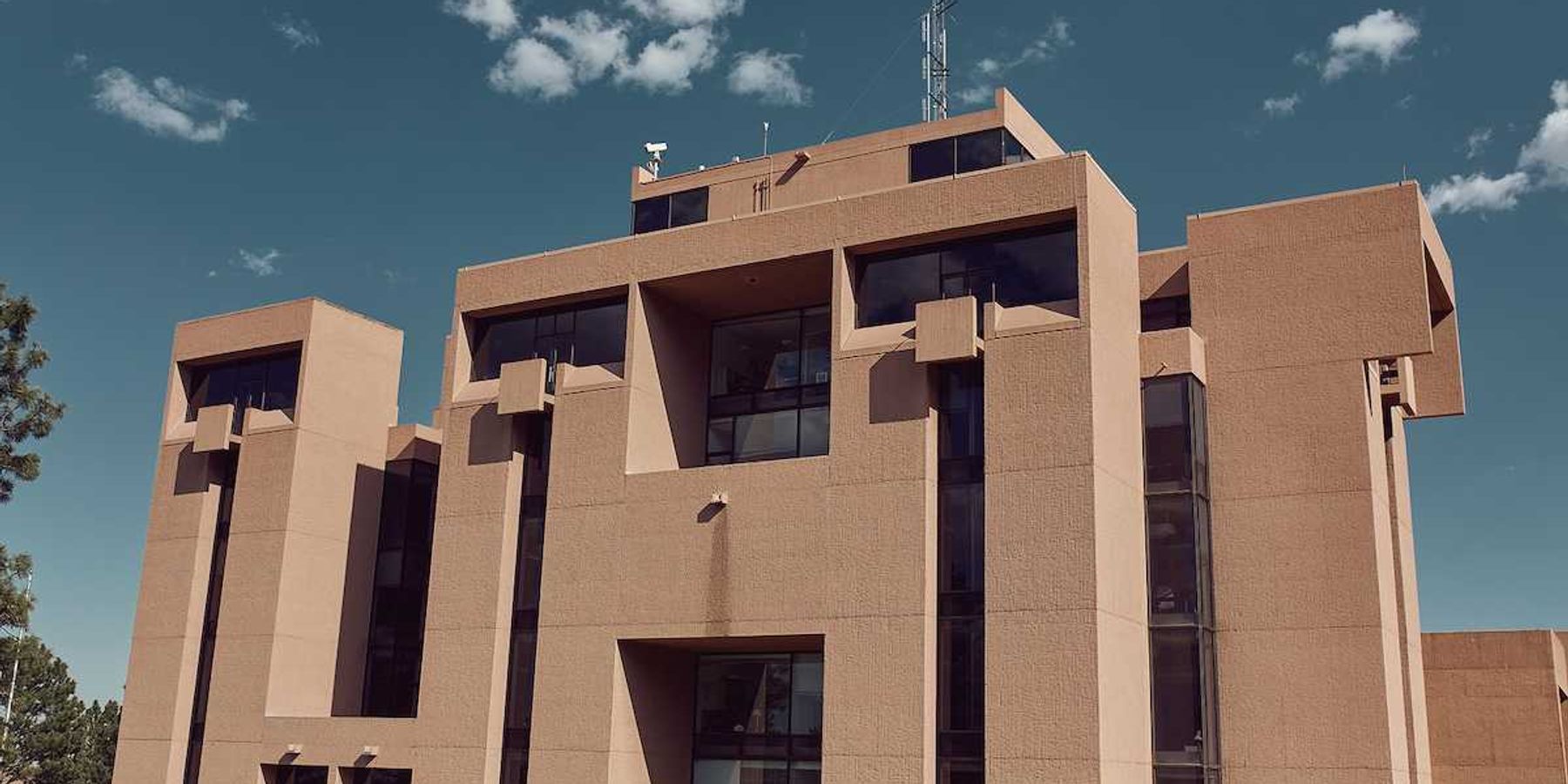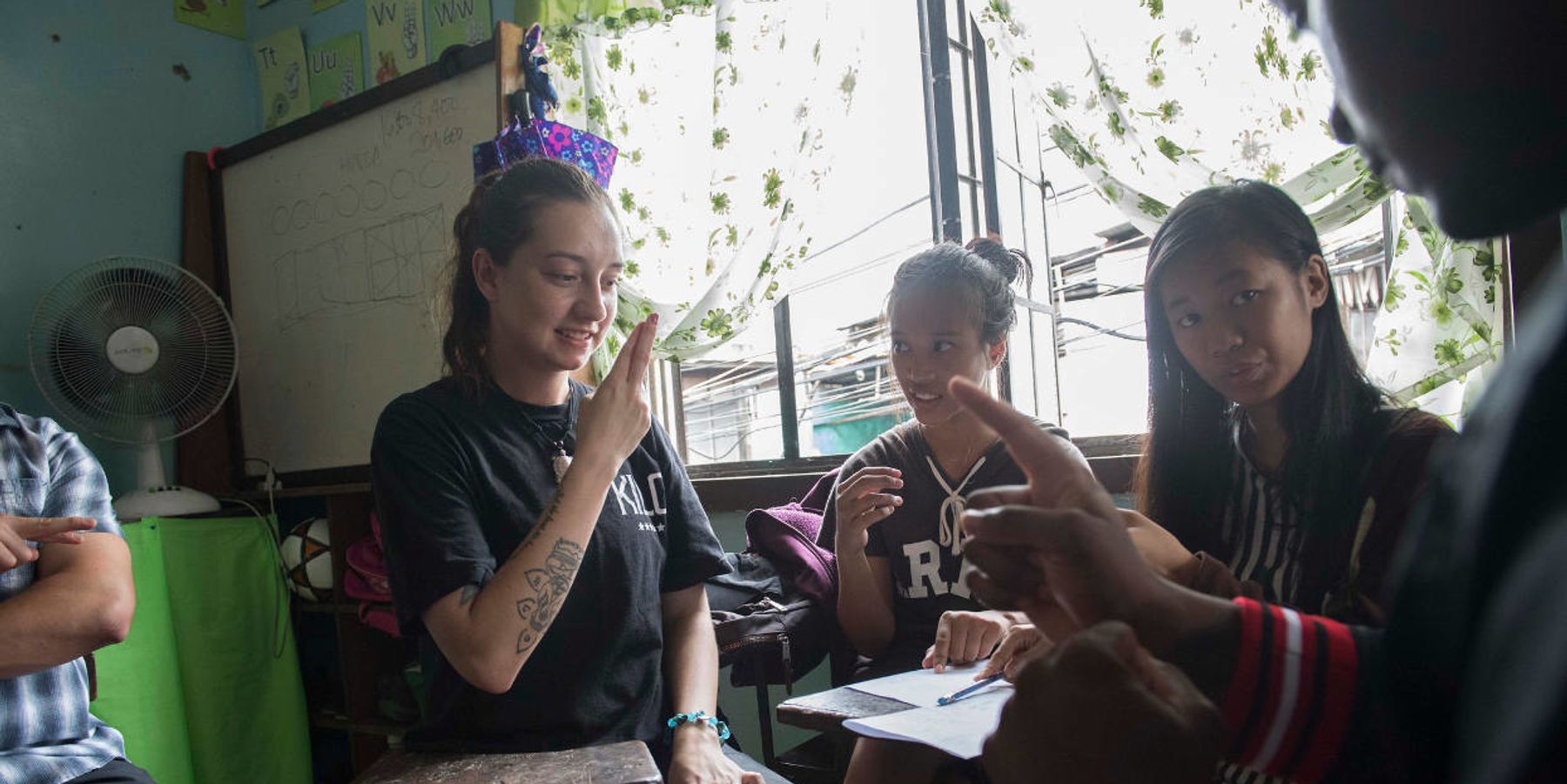
Commentary: Disability and climate change—impact on health and survival
Climate change affects people with disabilities in dynamic ways. Each of these consequences must be addressed.
Mention "climate change and disability" and many are puzzled — but that lasts only a few sentences into further explanation.
Comprising a significant 10 percent to 15 percent of the global population, people with disabilities are uniquely affected by climate change. This population includes a wide array of mobility, sensory (visual, hearing), developmental, intellectual and emotional impairments, as well as chronic health conditions.
Many individuals have multiple disabilities and may experience social or medical factors differently depending on their race, gender, culture, language (including sign language for deaf people), nationality, geography and other factors. Each of these sub-populations are complexly impacted with respect to health and requirements for assistance for survival.
With greater vulnerability during storms, floods and extreme heat; susceptibility to invasive disease; and the complex disability-related challenges of relocation and forced migration (i.e. finding new housing or support networks); climate disruptions are harder for these populations at virtually all levels compared to those without disabilities.
The clear evidence from past and current natural disasters and refugee situations shows that people with disabilities have a lower survival rate than those without disabilities, and may even be neglected or left to die. Photo journalism showing the impact of Hurricane Katrina in the southeast U.S. in 2005 documented this with tragic photos of dead people in wheelchairs as crowds of other displaced people streamed by.
Stories of people trapped in flooded nursing homes revealed a lack of planning for people whom disaster preparedness leaders had failed to consider. This was especially brought to the mindset of the disability community in 2015 through Rooted in Rights' short documentary Right to be Rescued.
Climate change impact is more complex and enduring than natural disasters – and affects people with disabilities in dynamic ways. Examples of health and survival factors include extreme heat harming people with spinal cord injuries who are unable to perspire and will need cooling centers.
Effective communication technologies are necessary for alerting people with hearing impairments on evacuation planning. Ramps into shelters, accessible bathrooms, and feasible evacuation transportation are essential for mobility-impaired persons, including those using respirators, and indeed for anyone unable to safely utilize standard buses.
Another significant impact upon people with disabilities as a consequence of climate change is that of forced migration, now occurring worldwide.
Each of these many consequences must be addressed regarding specific climate change impact on specific individuals and categories of people with disabilities. Of course, everyone is vulnerable in any kind of disaster or environmental degradation.
We know that climate change impact is happening now all over the globe. Adaptation, the advance planning and infrastructure-building in anticipation of impact is particularly crucial for people with disabilities.
Full inclusion of the disability community has emerged as a powerful, world-wide movement of civil and human rights, enacted, over the past six to seven decades through public education and laws, such as the Americans with Disabilities Act (ADA) and the United Nations Convention of the Rights of People with Disabilities (CRPD).
Creation of disability inclusion, via specific measures of access and accommodations remove these barriers to participation in the mainstream community. This movement is led by people with disabilities, and supported by our allies: families, service providers, advocates and policy-makers.
Our slogan, "Nothing About Us Without Us!" asserts our insistence in full participation in all planning and activities that affect us.
The UN Convention on the Rights of Persons with Disabilities has greatly encouraged and emboldened people with disabilities around the world to view ourselves as deserving of human rights protection. Full inclusion in climate resilience will be a complex undertaking due to personal, social, economic and political circumstances of this community. Responses will require large-scale initiatives and strong collaborations between stakeholders across the climate justice and disability spectrum.
It is fortunate that those currently addressing climate change and disability, respectively, are well-engaged with a social justice framework. Both groups must understand the scope and complexities between climate change and disability. The key is thus to educate and activate these stakeholders to develop strategies to safeguard the broad, intersectional populations of people with disabilities as climate change unfolds.
The World Institute on Disability has connected with the United Nations, the International Organization on Migration, and local, state and national climate change action groups, to enlist all as meaningful allies. We have participated in actions on climate change in general, and intend to explore broad impact.
We have created a website, given talks and workshops, and published articles, videos and social media releases.
We are enlisting disabled people and our allies as trainers and leaders in climate change mitigation and adaptation activism.
Marsha Saxton is director of research and training and Alex Ghenis is a policy and research specialist at the World Institute on Disability.

